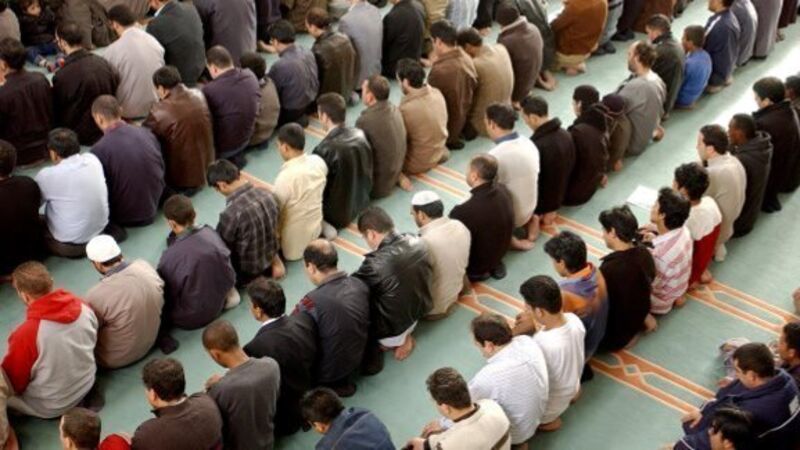Muslim leaders concerned over ‘extremist’ scholars at student conference

One of the leaders, Shia Imam Ali al-Saleh, said he had brought his concerns in relation to the two Kuwaiti clerics to gardaí.
A second leader, Sunni Imam Umar al-Qadri, called for a debate about allowing “radical” speakers address young Muslims here.













